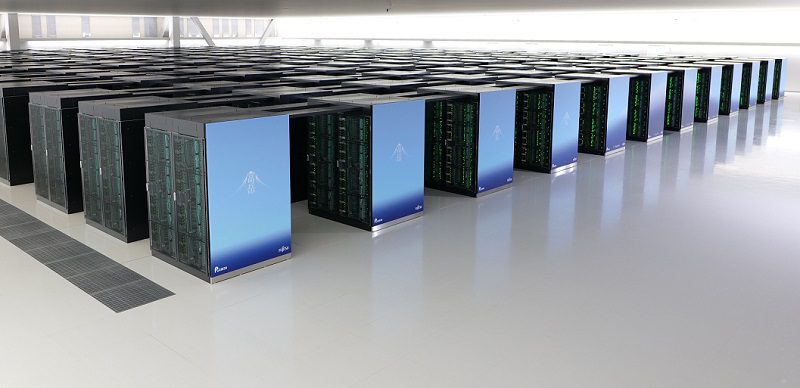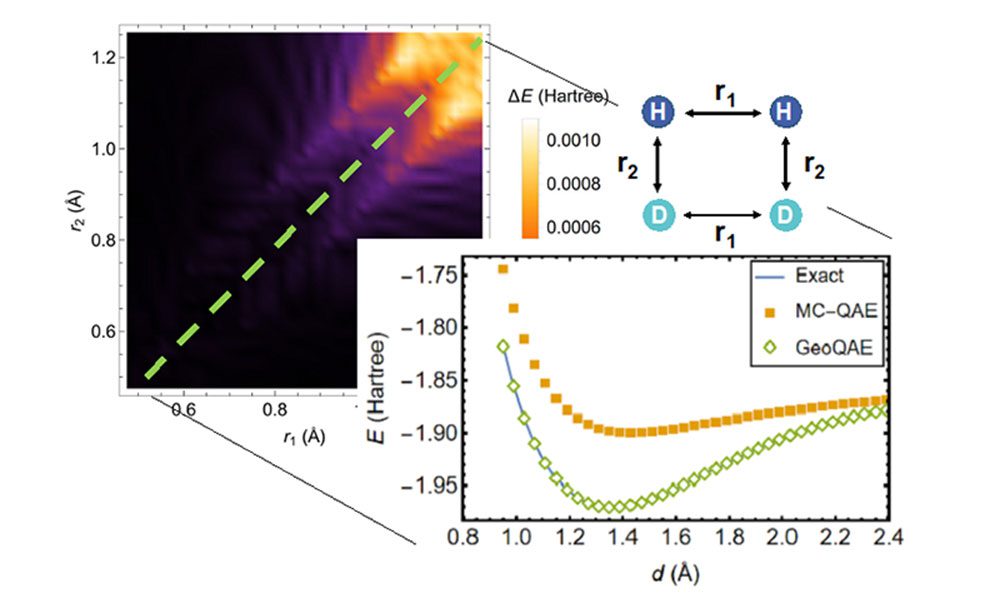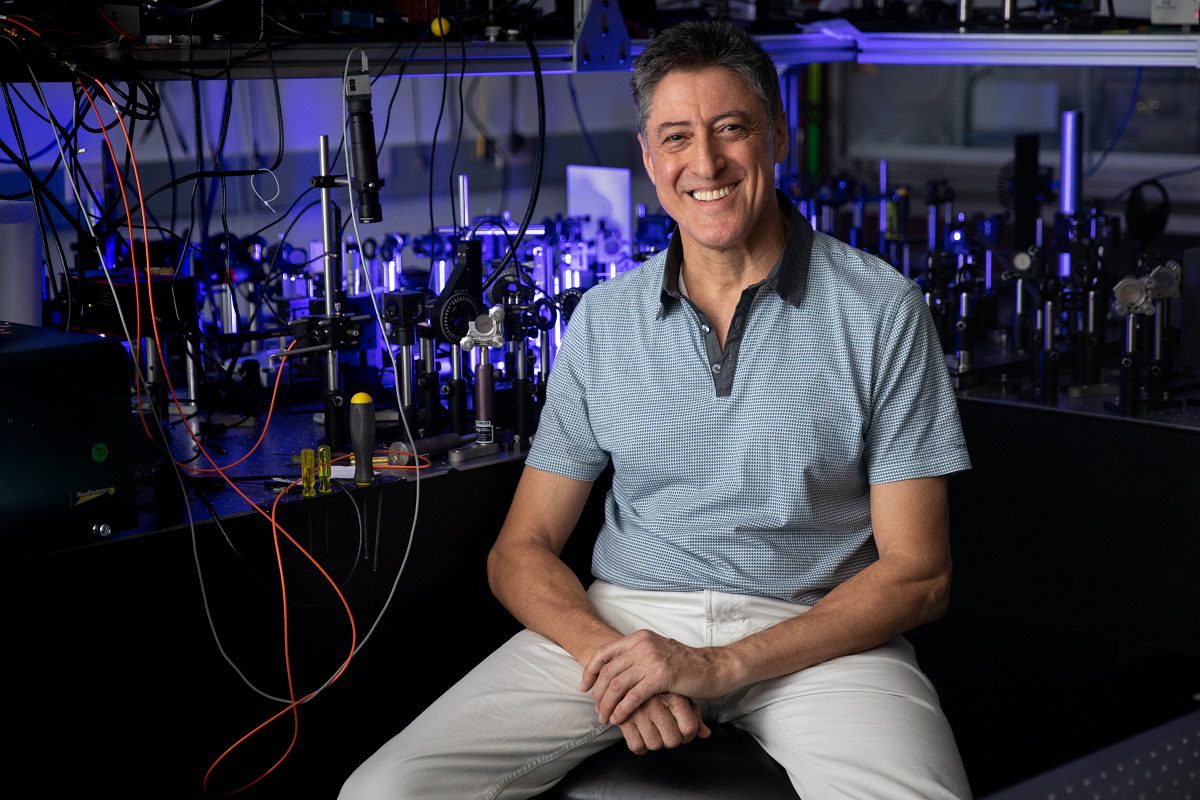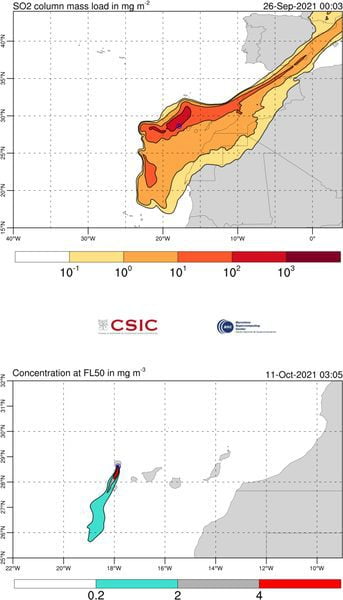
Space weather has been getting a lot of attention lately, with research from University College London, the Princeton Physics Plasma Laboratory, the University of Alabama in Huntsville and NASA each getting their own HPCwire headlines over the past year or so for supercomputer-powered space weather research. Now, researchers from UCLA are joining the fray with […]

X chromosome inactivation equalizes the active X chromosomes between mammals with two X chromosomes and mammals with one X and one Y chromosome – however, the mechanisms of this inactivation have not been understood at a granular level due to the coarseness of experimental imaging. Now, researchers at Los Alamos National Laboratory (LANL) have modeled […]

A team from the U.S. Department of Energy’s Oak Ridge National Laboratory, Stanford University and Purdue University developed and demonstrated a novel, fully functional quantum local area network, or QLAN, to enable real-time adjustments to information shared with geographically isolated systems at ORNL using entangled photons passing through optical fiber. The post ORNL Researchers Reach […]

Last year, Summit was one of the first major supercomputing deployments in the fight against COVID-19, heralding a deluge that crescendoed with the cumulative efforts of virtually every research system in the world. While news around COVID-oriented supercomputing research has quieted somewhat since the introduction of highly effective vaccines, Bronson Messer – director of science […]

A group of scientists have reported entangling a tough tiny critter – the Tardigrade [i]– with two superconducting qubits. Tardigrades (aka water bears), it turns out, are not merely hardy but also nearly immune to inhospitable environments such as outer space…and, of course, dilution refrigerators housing quantum computing processors. The post You Must be Kidding […]

The Fugaku supercomputer, jointly developed by RIKEN and Fujitsu, has successfully retained the top spot for four consecutive terms on all four of the major high-performance computer rankings. This includes the TOP500 list as well as the HPCG, a performance ranking for computing methods often used for real-world applications, HPL-AI, which ranks supercomputers based on […]

A team of researchers from the U.S. Department of Energy’s (DOE) Brookhaven National Laboratory and Stony Brook University have devised a new quantum algorithm to compute the lowest energies of molecules at specific configurations during chemical reactions, including when their chemical bonds are broken. As described in Physics Review Research, compared to similar existing algorithms, […]

An ultrathin invention could make future computing, sensing and encryption technologies remarkably smaller and more powerful by helping scientists control a strange but useful phenomenon of quantum mechanics, according to new research recently published in the journal Science. Source: Sandia National Laboratories The post Researchers Develop Ultrathin ‘Metasurface’ Device for Quantum Tech appeared first on […]

Artificial Intelligence has been a key talking point in the high-performance computing and computer science communities for decades now. The post It’s Time for Real-World AI on the Edge appeared first on HPCwire.

The supercomputer of the Barcelona Supercomputing Center (BSC), MareNostrum 4, offers daily forecasts to the scientific committee of the Canary Islands Volcanic Emergency Plan (PEVOLCA) on the movements that the emissions arising from the Cumbre Vieja volcano on La Palma will have. These forecasts come from a collaboration between the Spanish National Research Council (CSIC) and […]










